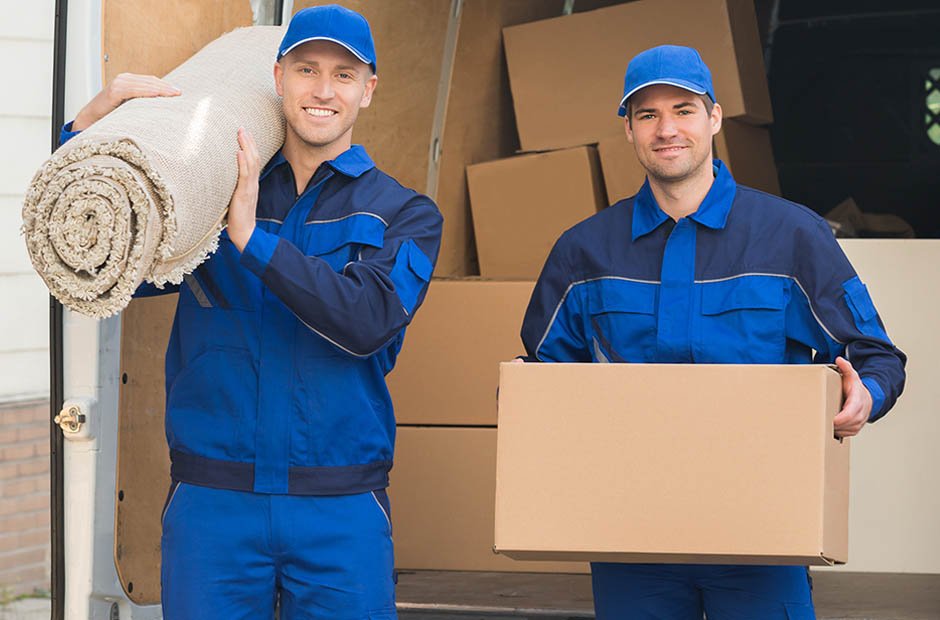In recent years, the importance of sustainability and eco-friendly practices has gained traction across several industries, including the moving industry. Professional movers are increasingly aware of their impact on the environment and are actively taking steps to implement green practices that minimize their carbon footprint. In this article, we will explore some of the initiatives undertaken by professional movers, highlighting their commitment to preserving the planet.
1. Conscious Packing Materials
One of the most significant aspects of a move involves using packing materials that are environmentally friendly. Many professional movers have made a shift from cardboard boxes to sustainable options like recyclable plastic boxes or biodegradable moving crates. These alternatives not only reduce waste but also provide greater durability, ensuring the safety of your belongings during transportation.
Moreover, in addition to packing containers, many professional movers now also offer eco-friendly packing materials, such as plant-based wrapping papers instead of bubble wrap or foam peanuts made from recycled materials. Opting for these supplies helps minimize waste and promotes sustainability throughout the moving process.
2. Streamlined Transportation Planning
Efficient transportation planning plays a role in reducing carbon emissions during a move. Professional movers understand this and actively seek ways to optimize their routes and logistics in order to achieve efficiency. By incorporating efficient routing technology and employing experienced and skilled drivers, moving companies can take the most direct routes while avoiding traffic congestion, which significantly decreases fuel consumption.
Consolidation is another tactic employed by movers. By combining moves within a geographic area into a single trip, resources are optimized while unnecessary mileage is minimized. This leads to reduced emissions from vehicles on the road and lower overall fuel usage.
3. Donations and Recycling Programs
In the moving industry, waste reduction is crucial in terms of sustainability. To achieve this objective, many professional movers have established partnerships with charities or non-profit organizations that accept donations of furniture, appliances, clothing, and other household items.
These collaborations enable customers to donate their items instead of discarding them during a move. By ensuring the redistribution of these goods, professional movers contribute to economies and alleviate strain on landfill capacities.
4. Energy-Efficient Equipment and Facilities
Professional moving companies also aim to minimize their impact in their day-to-day operations and not just during transportation. This includes utilizing energy-efficient equipment and maintaining eco-friendly facilities.
Many movers have transitioned to using trucks with enhanced fuel efficiencies or even electric vehicles for shorter-distance moves. Investing in fleet management that prioritizes the environment is a demonstration of these companies’ commitment to reducing the greenhouse gas emissions associated with their operations.
5. Renewable Energy Reliance
In addition, professional moving companies are increasingly embracing renewable energy by installing solar panels on-site or partnering with renewable energy suppliers to power their offices and warehouses. This shift towards renewable energy sources allows moving companies to reduce their reliance on electricity generated from fuels, which directly contributes to a more sustainable future.
6. Paperless Operations
Another positive aspect of operating in a digital world is that professional movers can easily adopt paperless practices. Instead of providing customers with printed contracts or invoices, they can furnish digital versions, significantly reducing paper waste. Furthermore, the implementation of tracking systems enables real-time updates on the progress of a move without the need for paperwork. Modern technology has also made it possible for customers to complete inventory checklists online rather than by using paper forms. These advancements streamline communication between customers and movers while minimizing waste throughout the process.
Conclusion
Sustainability has become a major concern in today’s society, prompting several industries, including the moving industry, to take steps towards becoming more eco-friendly. Professional movers now offer sustainable packing materials, optimize transportation planning, implement donation and recycling programs, and more. When you select a moving company that values sustainability, it goes far beyond simply transporting your belongings. It also allows you to make an impact by reducing your carbon footprint while moving. By choosing movers who prioritize environmental consciousness, you actively contribute to creating a more sustainable future.
















